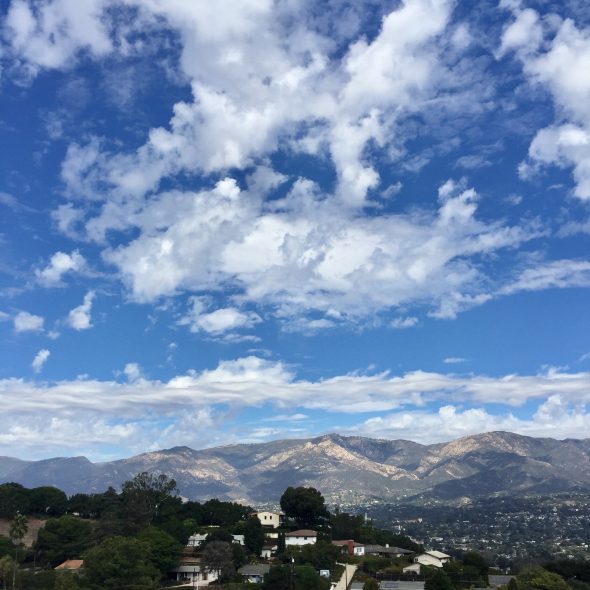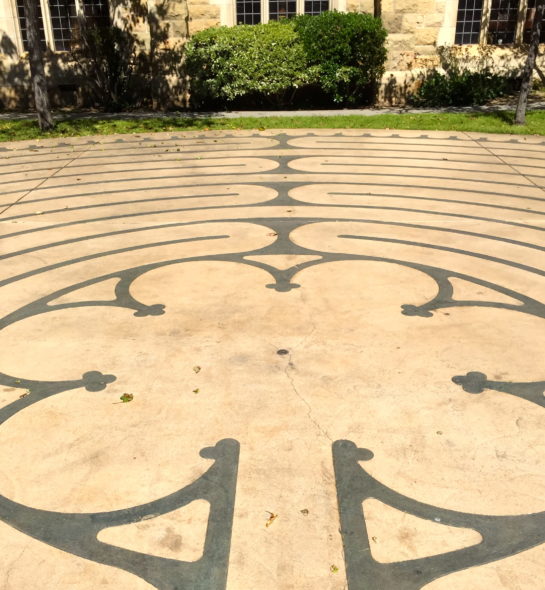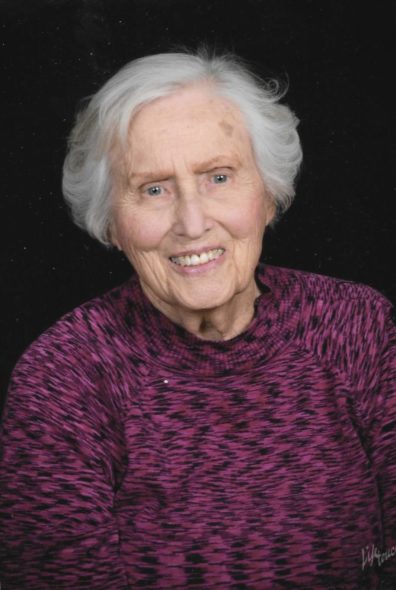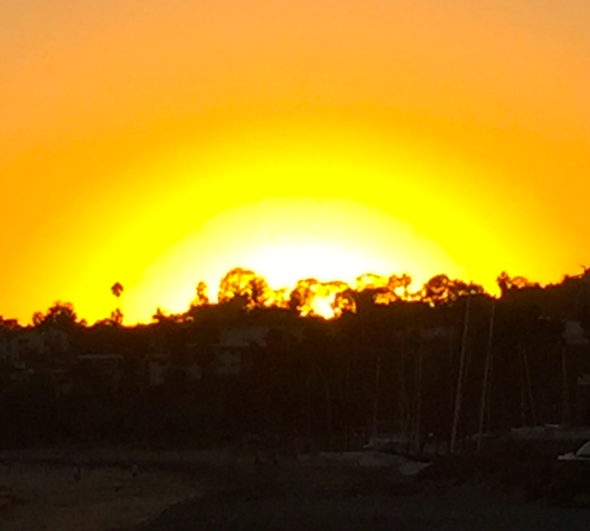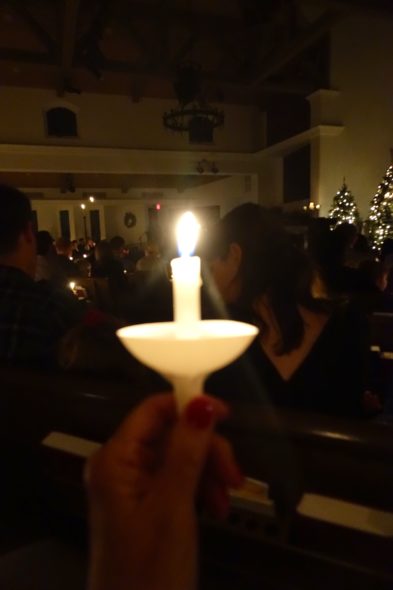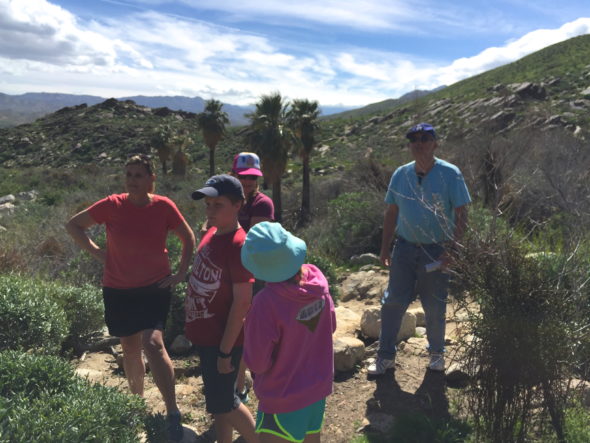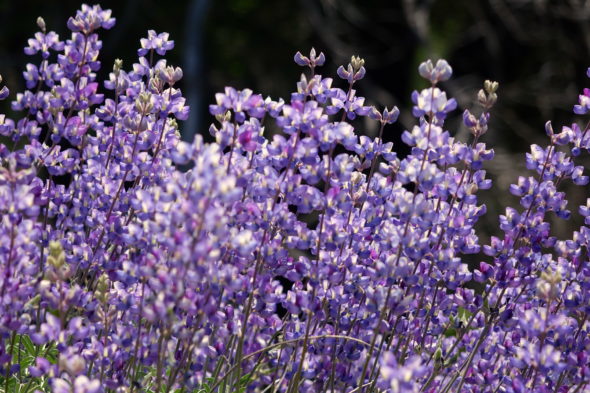There are seasons when troubles seem to multiply like rabbits. I’ve lived through a few such seasons in my life and they are always tumultuous. It feels like all the gathering winds are blowing in opposite directions and the resulting chaos becomes the new normal.
A decade ago, our family walked through the valley as my elder daughter’s husband passed from this life to the next after a long struggle, a life-and-death struggle of mammoth proportions, in which they were both exceptionally brave. In the middle of all that horror, my daughter actually had a friend — who was in ministry! — come into her home and say to her, “God will never give you more than you can manage.”
You wanna bet?
Personally, I think God often makes a point of allowing ‘more than we can manage’ to barrel into our lives on a regular basis. And just to be clear here, the biblical admonition being badly misquoted to my daughter has absolutely nothing to do with suffering. It has to do with temptation, and that is a very different ball of wax, in my book.
Suffering is part of life. It simply is. Hard and terrible things happen — people get sick, fires rage, floods ravage, wars erupt. Even smaller scale complications can feel overwhelming at times. Sick kids — not unto death, but unto eternity (or at least that’s what it feels like!), appliances breaking down, not enough month at the end of the money, multiple failed attempts at resurrecting a broken relationship — all of it adds up. All of it can make you feel as though you don’t have enough wits, energy or will to find some kind of resistance or remedy.
So today, I have a question for you: do you feel like life is beating you up at this moment in time? Like no matter how many times you set the pins up right, some giant bowling ball from the sky just comes along and blindsides every dang one of them? I hear you, my friend. I hear you. And I want to offer you a small shard of hope.
This, too, shall pass.
It will.
Yes, it will.
It won’t happen like magic, it won’t happen instantaneously, and whenever the resolution comes, it will not completely erase the pain. But, I promise you that this season of struggle will shift in some way, the tension will release, and a way through will be found.
One of the main advantages of living a long life is the great gift of hindsight, the ability to look back over large swaths of time and detect patterns. Patterns of struggle met with faithfulness; of darkness, invaded by light; of despair, transformed into joy. That is not to say that the suffering disappears or that the after effects of the struggle will not be real and lasting. Jacob limped for the rest of his life, remember; no one wrestles with the Powers of the universe and emerges unscathed.
But here’s the thing: the wounds are the way out. They are! Leonard Cohen got it right—the cracks we bear, the scars we carry, the struggles we survive . . . they make the music. Don’t ask me how this strange alchemy actually works because I haven’t a clue. I only know it to be true: this is how the light gets out.
And it’s how the light gets in, too.
When we are able to step into seasons of lament with our whole hearts, when we are honest in the presence of God about how hard it is, about how hurt we are, about how frightened we feel—that’s how we unlock the door to Real Presence. God meets us there, right at that painful place where the winds of suffering are gathering. And there is enough—there is enough will to put one foot in front of another. There is enough energy to look for small spots of light. There are enough wits to remember to say ‘thank you’ for even the tiniest glimpses of grace. There is enough.
“And all shall be well, all shall be well, all manner of thing shall be well.” – Julian of Norwich
